
Poetry is like a pulse running through history, shaping revolutions, kindling love, and exposing the rawest human truths. Some poets whispered change; others roared it. These poets and their verses outlived empires as their voices refused to fade. Find out the minds behind the world’s most enduring poetry.
Homer

Few figures loom as large as Homer. His epics, “The Iliad” and “The Odyssey”, laid the foundation of Western literature. These war stories, fate, and heroism influenced countless works, from Shakespeare to Hollywood. Though his life remains a mystery, his words have echoed for nearly three millennia.
Li Bai
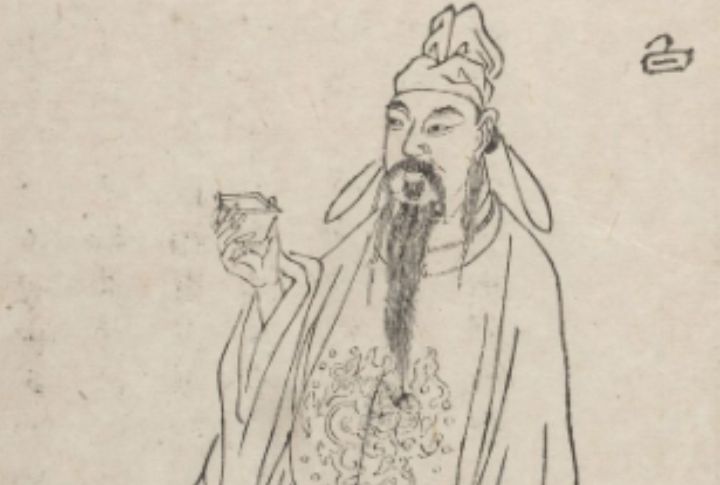
A poet who lived as wildly as he wrote, Li Bai’s verses captured the beauty of nature, the intoxication of wine, and the fleeting nature of life. His masterpieces, such as “Drinking Alone by Moonlight”, defied convention by blending Daoist philosophy with lyrical elegance that still resonates today.
Dante Alighieri

Dante’s exile from Florence didn’t end his voice in literature. His “Divine Comedy” was more than poetry; it was a bold political statement and a philos0ophical odyssey. His depictions of Hell, Purgatory, and Paradise shaped Christian thought and cemented the foundations of the Italian language.
Rumi

Eight centuries later, Rumi’s words still enchant hearts worldwide. A mystic, philosopher, and poet, his works—especially “Masnavi”—explore love in its divine and human forms. His poetry, full of longing and ecstasy, speaks across cultures and religions. He is also one of the most widely read poets today.
Geoffrey Chaucer
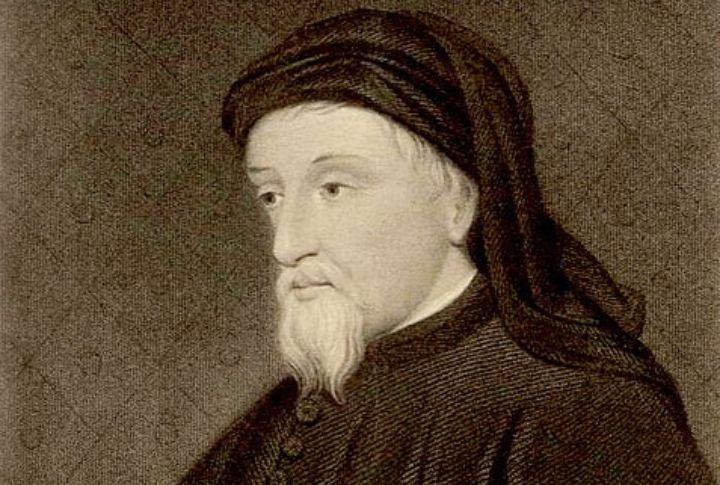
Before Shakespeare, there was Chaucer. His “Canterbury Tales” changed English literature, capturing medieval life with wit and realism. He pioneered the use of English in literature when Latin and French dominated, proof that storytelling belonged to ordinary people, not just the elite.
William Shakespeare
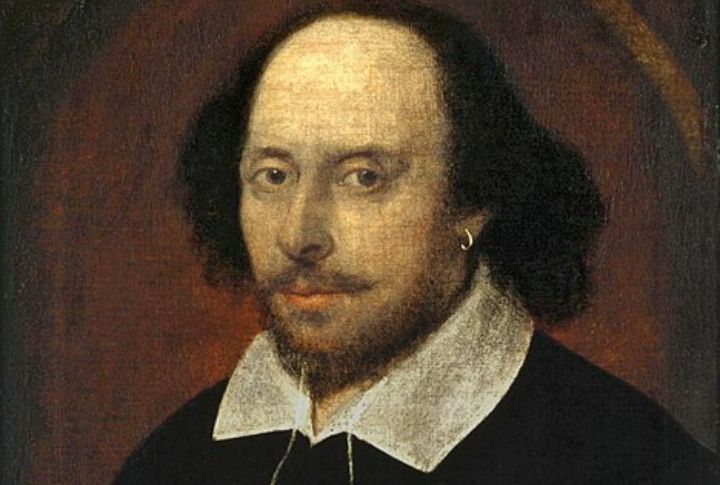
Shakespeare’s mastery of language reshaped literature forever. His sonnets brim with passion, despair, wit, and unrelenting curiosity left a lasting mark. As the most quoted writer in history, his influence extends beyond poetry—his storytelling also shaped modern drama. “Shall I compare thee to a summer’s day?” and others have immortalized his name.
Phillis Wheatley
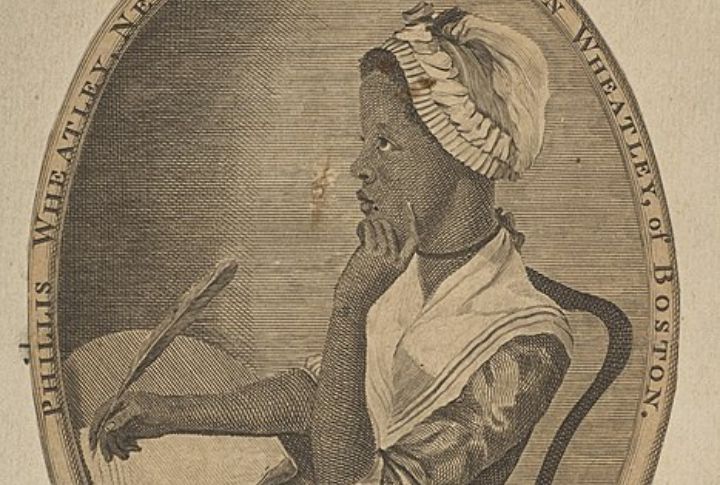
Born into slavery, Wheatley shattered barriers to become the first known African American woman to publish a book of poetry. Phillis Wheatley’s 1773 poetry collection, “Poems on Various Subjects, Religious and Moral”, challenged prevailing notions about intellect and race, earning praise from prominent figures such as George Washington.
Alexander Pushkin
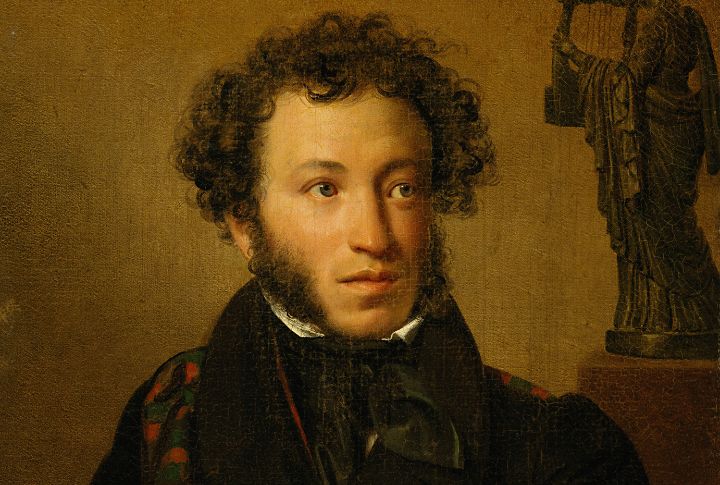
Pushkin revolutionized Russian poetry, which blends classical elegance with raw emotion. His novel-in-verse, “Eugene Onegin”, remains a literary masterpiece. Pushkin’s influence shaped giants like Leo Tolstoy and Fyodor Dostoevsky, which is why he’s known as the father of modern Russian literature.
Walt Whitman
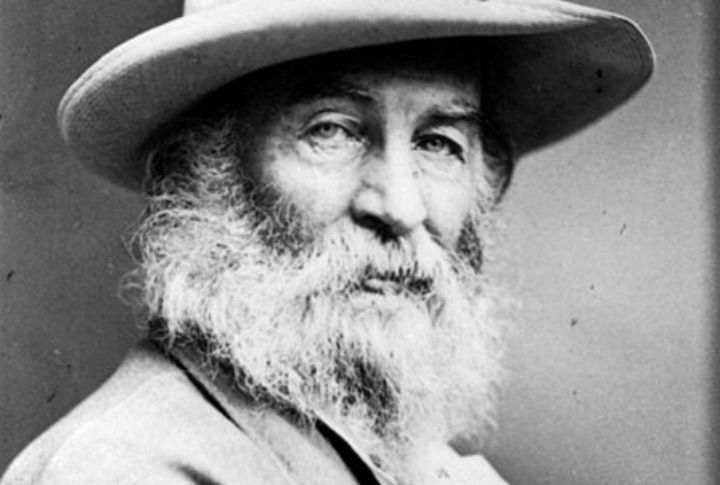
Whitman’s “Leaves of Grass” embraced free verse with unrestrained passion and redefined poetic conventions. His bold, expansive style captured the restless energy of a changing nation. Celebrating democracy, the human body, and the American environment, his poetry resonated deeply.
Emily Dickinson
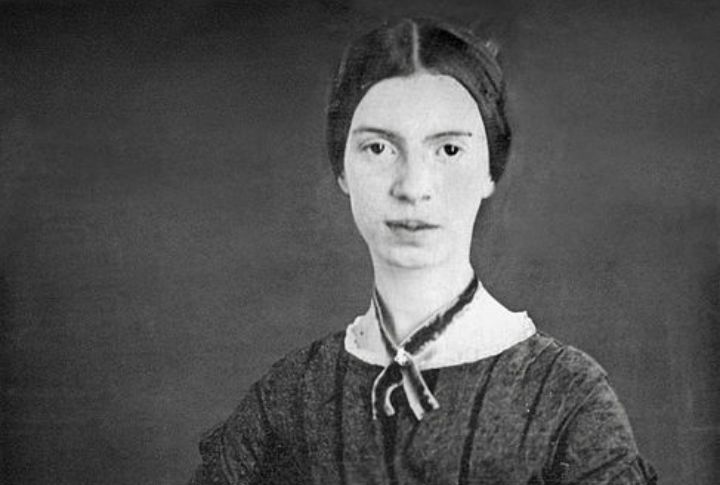
Emily Dickinson barely stepped beyond her doorstep, but her words knew no bounds. With over 1,800 poems, she changed seclusion into a universe of thought. Her short, cryptic verses—laced with dashes and unexpected rhymes—finally broke poetic traditions to leave a lasting mark on literature.
Rabindranath Tagore

Tagore’s poetry was a movement. A Nobel laureate, he infused his verses with nationalism, spirituality, humanism, and artistic freedom. His masterpiece, “Gitanjali”, attracted readers worldwide. Beyond literature, he shaped history by penning the national anthems of India and Bangladesh to prove poetry’s power to inspire and unite.
Pablo Neruda

Did you ever think an onion could be poetic? Pablo Neruda did. His verses turned the mundane into magic, from the aching beauty of “Twenty Love Poems and a Song of Despair” to the fire of his political works. No wonder he remains one of the most cherished poets of the 20th century.
T.S. Eliot
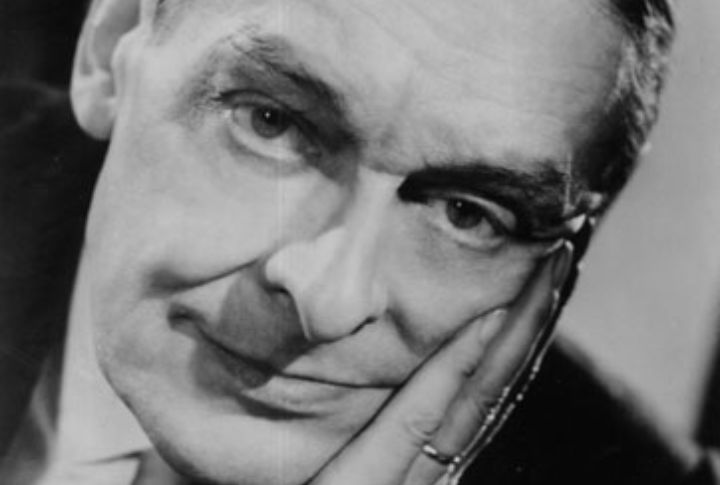
T.S. Eliot looked at the chaos of the modern world and decided to make poetry just as disjointed. “The Waste Land” was a seismic shift in literature. Voices clashed, and meaning slipped through the cracks. He didn’t merely reshape poetry; he dismantled it, tossed the pieces in a blender, and served something new.
Nikki Giovanni
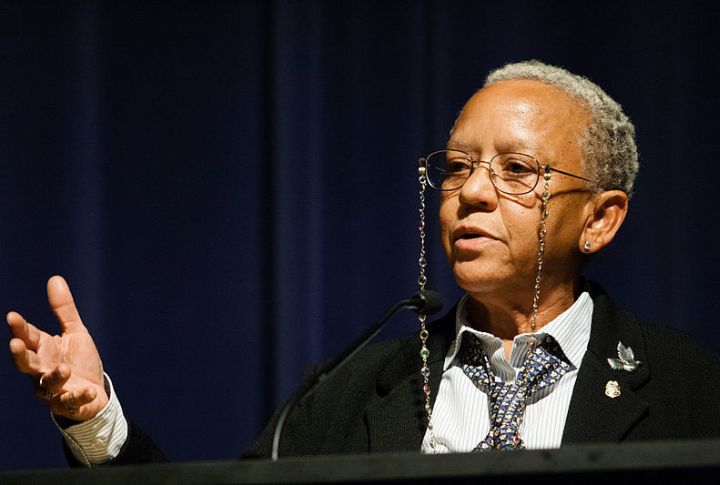
With collections like “Black Feeling” and “Black Talk”, Nikki Giovanni turned poetry into a battle cry and a balm by amplifying voices that had long been ignored. As a key figure in the Black Arts Movement, her work tackled gender and social justice head-on by making her an enduring literary force.
Sylvia Plath

Plath’s poetry stripped away all pretense to peel back the layers to reveal the raw nerve endings of mental illness, love, and existential dread. “Ariel” pulsed with a furious and breathtaking intensity, shattering poetic conventions. Though her life ended in tragedy, her fearless approach to autobiographical/confessional poetry reshaped the genre.
Maya Angelou
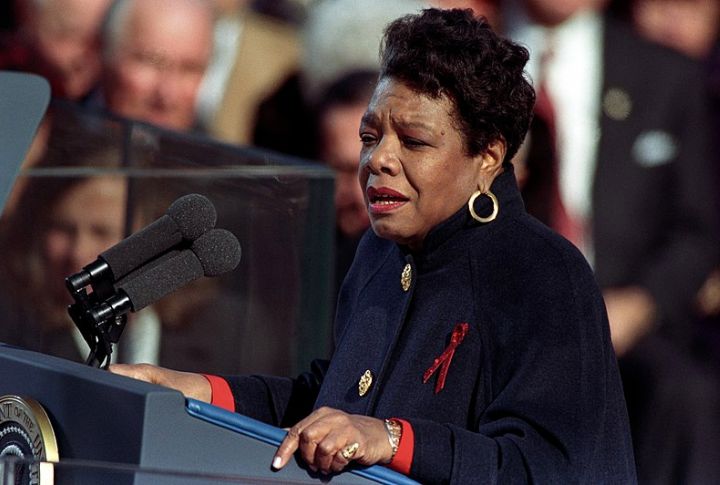
Maya Angelou’s poetry, from “I Know Why the Caged Bird Sings” to “Phenomenal Woman,” was deeply personal yet universally powerful. A singer, dancer, and activist, she infused her work with themes of justice and identity. Her words resonated so profoundly that she was even invited to recite them at a U.S. presidential inauguration.
Allen Ginsberg

With Howl, Ginsberg revolutionized poetry. His sprawling, untamed verses rattled censors, scandalized the establishment, and became a battle cry for a disillusioned generation. In a world obsessed with conformity, he howled, refused to be silenced, and, in doing so, became an icon of rebellion.
Seamus Heaney

Seamus Heaney’s poetry, soaked in the damp earth of Ireland, unearthed history, conflict, and the grit of survival. “Digging”, his most famous poem, turned a spade into a pen and labor into literature with the skill of a literary archaeologist.
Sappho
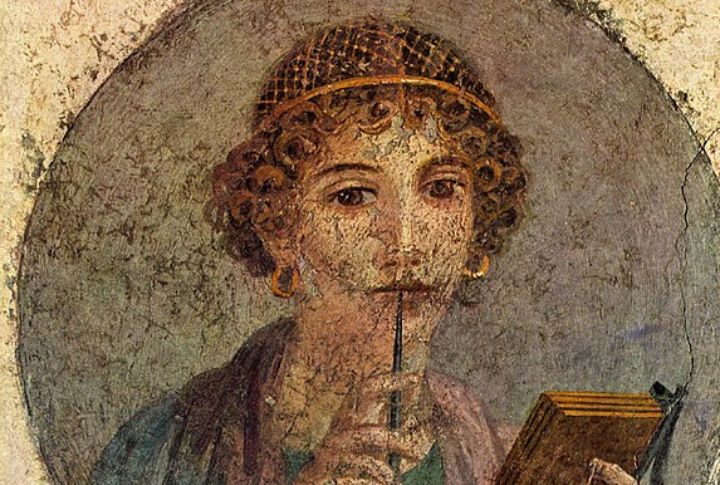
Sappho, the poet from the Greek island of Lesbos, remains one of history’s most enigmatic and influential literary figures. She crafted emotionally charged verses that explored love, longing, and the complexities of human desire. Though much of her work survives only in fragments, her impact on poetry is undeniable.
Ocean Vuong

Ocean Vuong’s “On Earth We’re Briefly Gorgeous” reads like a love letter to memory itself, which blends poetry with prose to explore themes of trauma and queer identity. His deeply personal and lyrical style cements him as a defining voice of contemporary poetry.

